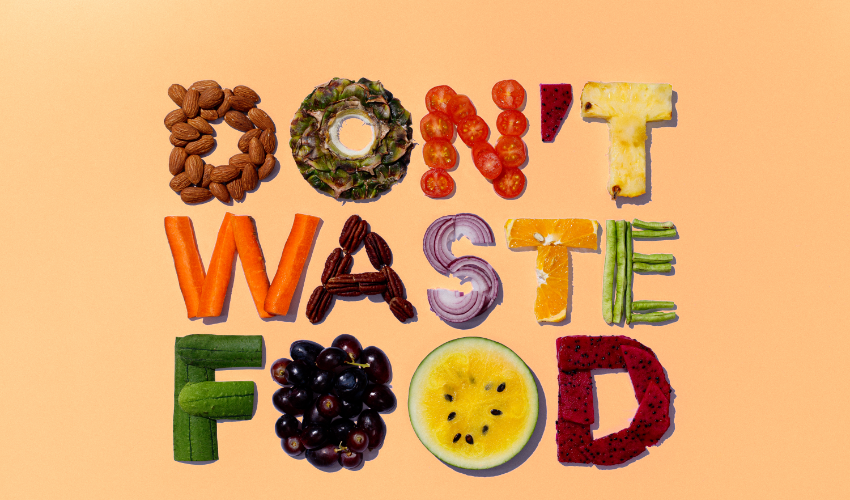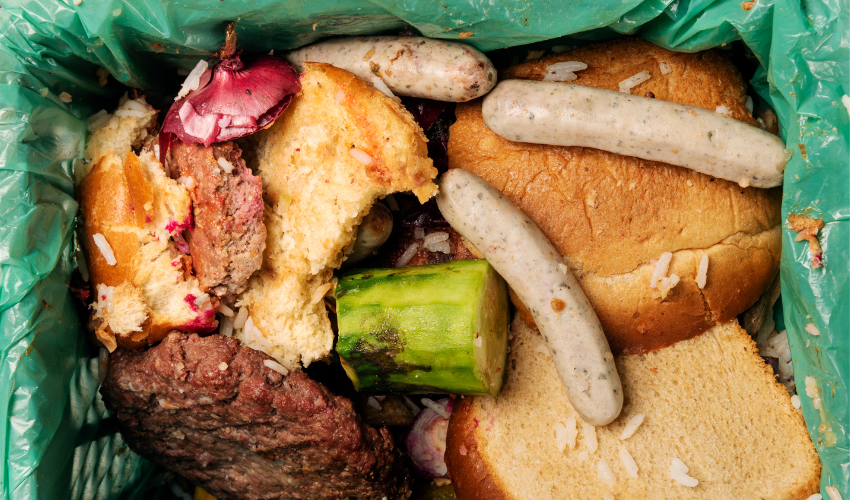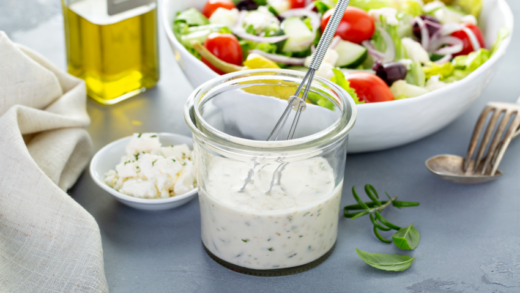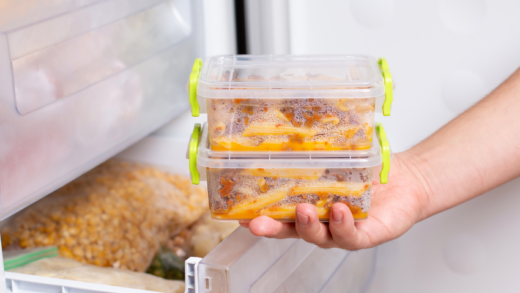Food waste is a significant problem globally. It is estimated that one-third of all food produced worldwide is wasted, which amounts to around 1.3 billion tons per year. The United States alone wastes around 133 billion pounds of food each year, which is a staggering amount. Reducing food waste is essential for both the environment and the economy. Not only can it save you money, but it can also help reduce greenhouse gas emissions and conserve natural resources. In this article, we will discuss ten practical tips on how to reduce food waste at home.
10 Practical Tips on How to Reduce Food Waste at Home:
- Plan Your Meals:
Plan your meals ahead of time by creating a shopping list and stick to it. This will help you buy only what you need, reducing the likelihood of buying too much and letting food go to waste. - Store Food Properly:
Properly storing your food can help it last longer. Keep your fridge at the right temperature, use containers to store food, and use the “first in, first out” rule when using ingredients to make sure the oldest items are used first. - Freeze Leftovers:
If you have leftovers that you know you won’t be able to eat before they go bad, freeze them for later use. This will prevent food waste and provide you with a quick and easy meal in the future. - Compost:
If you have food scraps that cannot be eaten or used, consider composting them instead of throwing them in the trash. Composting can help reduce greenhouse gas emissions and provide you with nutrient-rich soil for your garden. - Donate Food:
If you have non-perishable food items that you know you won’t be able to use, consider donating them to a local food bank or shelter. This can help reduce food waste and provide food to those in need. - Buy Ugly Produce:
Don’t be afraid to buy produce that doesn’t look perfect. This can help reduce food waste, as these items are often thrown out due to their appearance. They are just as nutritious and delicious as their more attractive counterparts. - Use Your Freezer:
Your freezer is a great tool to help you reduce food waste. You can freeze bread, fruits, and vegetables that are about to go bad and use them in smoothies, soups, or casseroles later on. - Serve Smaller Portions:
Serving smaller portions can help reduce food waste, especially if you have picky eaters in your family. You can always serve more if someone is still hungry. - Shop Locally:
Shopping locally can help reduce food waste by supporting local farmers who often have smaller crops that are less likely to go to waste. You can also buy only what you need, reducing the likelihood of buying too much and letting food go to waste. - Get Creative:
Finally, get creative with your cooking. Don’t be afraid to use leftovers in new and exciting ways. You can make soups, stews, and casseroles with leftover ingredients, or even create new recipes that you never thought of before.

FAQs:
How much food is wasted globally each year?
One-third of all food produced worldwide is wasted, which amounts to around 1.3 billion tons per year.
Why is reducing food waste important?
Reducing food waste is essential for both the environment and the economy. It can save you money, reduce greenhouse gas emissions, and conserve natural resources.
What is the “first in, first out” rule?
The “first in, first out” rule is a method of organizing your food storage so that the oldest items are used first. This can help prevent food from going bad and being wasted.
How can composting help reduce food waste?
Composting can help reduce food waste by turning food scraps into nutrient-rich soil for your garden.
How can buying ugly produce help reduce food waste?
Buying ugly produce can help reduce food waste by supporting the use of produce that would otherwise be thrown away due to its appearance. This can help reduce the amount of food that is wasted and conserve natural resources.

Conclusion:
Reducing food waste is something that we can all do to help the environment and save money. By planning your meals, storing your food properly, composting, and donating food, you can make a difference. By using your freezer, serving smaller portions, shopping locally, and getting creative with your cooking, you can reduce the amount of food that goes to waste. With these practical tips, you can reduce food waste and help make a positive impact on the environment.






















